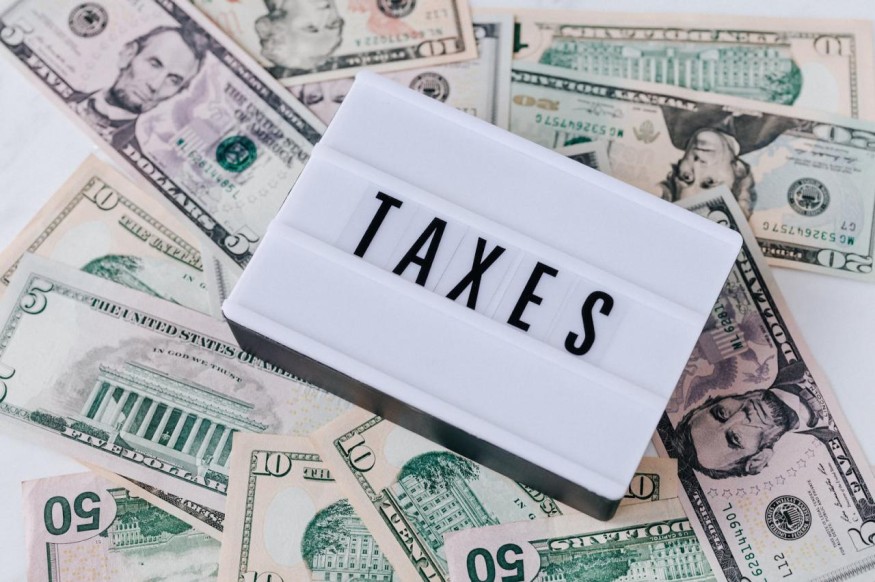Sales Tax in the US - How Does it Work?

Everyone is affected by consumer taxes. However, in a country with no national retail tariff system, one needs to ask the question: "How does the US revenue services collect sales tax?"
In the US, consumption taxes are raised on a sub-national level. This means that each state is authorized to individually impose use and sales tax, as long as it abides by US constitutional restrictions. Furthermore, many states allow local jurisdictions also to enforce levies on retail and services.
With 50 states, five major territories, and over 10,000 sales tax rates, how the US revenue services collect these levies can be somewhat challenging to understand. As a consumer, though, you must check it out to try and make sense of it. It's, after all, your money that you're handing over. So, let's a closer look and try and demystify it.
State Level Sales Taxes
As there's no federal consumer toll in the US, every state has to create its own sales duty laws. Therefore, merchants often find themselves dealing with 46 different sets of rules and regulations. The following states don't impose retail levies:
Delaware
Alaska
New Hampshire
Oregon
Montana
You're required to register for a consumer levy permit in every state with a sales tax nexus. This registration process, as well as the individual rules for sellers, varies considerably. Thus, if you deal with consumption tariff collection, filing, and reporting, the experience can drastically differ from state to state.
Other Indirect Taxes Imposed
Depending on the area in which you reside, the following levies may be imposed:
Property taxes
Telecommunication levies
Unclaimed property requirements
Business license responsibilities
Consumer Levy Rates Varies Considerably Across the States
The consumption tax rate varies between 2.9 and 7.25 percent. Although some states have a single tariff statewide, others also allow regional authorities, such as cities, counties, etc. to impose taxes on consumer goods.
Furthermore, various states offer exemption or reduced rates on specific goods. This includes manufacturing-related machinery, food for home consumption, and residential utilities. Also note that any non-profit organization (NPO) is exempt from paying sales tax. So for those NPOs with a talent for raising funds via an impeccably written sponsorship form, they have nothing to worry about when it comes to sales tax.
The collection of sales taxes is especially challenging for online vendors. The point of sale for e-commerce businesses is the place where the consumer takes possession of the goods. Therefore, before you ship a product, you need to make sure that you know what the tariff is at the buyers shipping address.
Which Transactions Are Subject to Consumption Taxes?
All transactions involving the sale of "tangible personal property" (anything that can physically be touched) and specific services are subject to consumption taxes. Yet, the individual states have varying definitions of this term. Even though most states limit raising tariffs as dictated by this regulation, some raise levies on digital goods, and a few others tax nearly all services.
Who's Eligible to Register for Consumption Taxes?
All people and companies that sell tangible personal property or provide any taxable services must register with the state in which they do business to obtain a sales tax permit, certificate, or license before they can legally do business. However, the definition of doing business varies from state to state.
The ruling of a US Supreme Court hearing in 2018 has, however, delivered significant results. Several states have since moved toward determining if a seller does business in a specific region based on economic thresholds.
This typically includes the number of transactions and the volume of sales. For instance, if a specific seller exceeds $100,000 in transactions or 200 in-state deals, they're eligible to register for consumer tax in that state.
How Frequently Must Consumption Tax Returns Be Submitted?
Depending on the state requirements, you have to file consumer taxes either:
Annually
Quarterly
Monthly
Semi-annually
Semi-monthly
Submission frequency is typically based on the amount of taxes collected or the taxpayer's sales volume during the specified period. Although, in general, monthly filing is required.
To Wrap Up
It's a known fact that paying taxes is unavoidable. However, this doesn't mean that you don't owe it to yourself to find out what you're paying for and how it works. Although US sales taxes aren't easy to understand, getting to know the subject will be advantageous to you, whether you have a conventional or e-commerce business or plan to start one.
Subscribe to Latin Post!
Sign up for our free newsletter for the Latest coverage!















